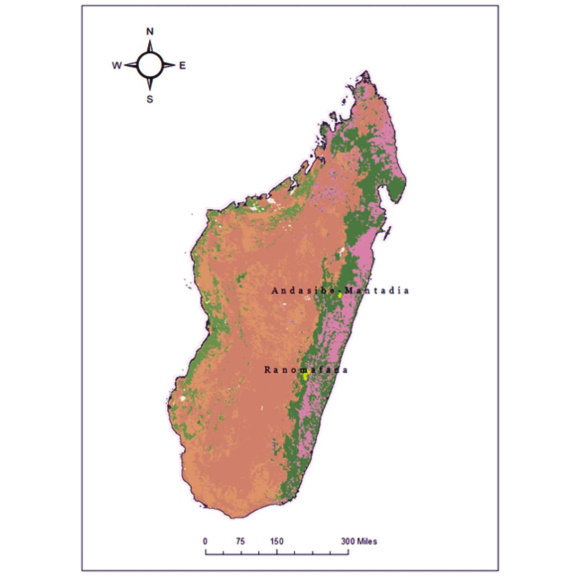
KSHIRSAGAR – Human-Dog Relationships across Communities Surrounding Ranomafana and Andasibe-Mantadia National Parks, Madagascar
Akhil R. Kshirsagar, Jennifer W. Applebaum, Zoavina Randriana, Tsiky Rajaonarivelo, Radoniaina R. Rafaliarison, Zach J. Farris, Kim Valenta
Article first published online: 18 DEC 2020 Journal of Ethnobiology
DOI: 10.2993/0278-0771-40.4.483
ABSTRACT: Domestic dogs (Canis lupus familiaris) are estimated to be one of the most globally abundant invasive carnivores that threaten wildlife. Madagascar is home to large populations of free-roaming dogs and is a highly diverse and anthropogenically threatened environment, making it one of the world’s top conservation priorities. Comparatively little is known about human-dog relationships in developing countries such as Madagascar. We surveyed non-dog owners and dog owners visiting free mobile veterinary clinics in their communities around Ranomafana National Park (RNP) and Andasibe-Mantadia National Park (AMNP) to understand human-dog relationships, gain insight on free-roaming dog behavior, and to assess the feasibility of humane population control measures. Amongst dog owners, the vast majority of respondents reported owning their dog for protection and a significant number had dogs for companionship. Our results indicate that free-roaming (owned, unconfined) dogs may be an underappreciated threat to endemic wildlife in the National Parks of Madagascar, as nearly half of dog owners reported that their dog killed at least one wild animal a month. Most dog owners in surveyed communities approve of spay/neuter/vaccine programs and state that they would use them if freely available, indicating that veterinary intervention can be an important tool in humanely controlling free-roaming dog populations in these regions.
Read the full publication at Journal of Ethnobiology.